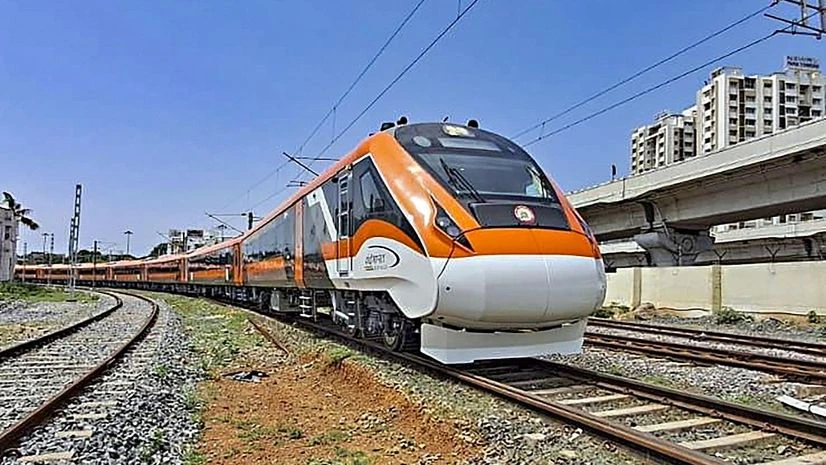Now Reading: Bike Taxi Riders Protest Ban in Bengaluru, Appeal to CM Siddaramaiah for Relief
-
01
Bike Taxi Riders Protest Ban in Bengaluru, Appeal to CM Siddaramaiah for Relief
Bike Taxi Riders Protest Ban in Bengaluru, Appeal to CM Siddaramaiah for Relief

Hundreds of bike taxi riders in Bengaluru have launched a hunger protest following the government’s decision to ban their operations. Struggling to make ends meet, the riders have written an open letter to Karnataka Chief Minister Siddaramaiah, urging him to reconsider the ban. Their plea highlights the growing tension between regulation and livelihood in India’s fast-evolving gig economy.
Why the Ban Was Imposed
The Karnataka government recently cracked down on bike taxi services, citing safety concerns and the lack of a regulatory framework. The move primarily affects riders affiliated with app-based platforms like Rapido and Ola, who now find themselves without a source of income. Officials argue that the vehicles used are private and not registered for commercial use, raising legal and insurance issues.
Riders Speak Out
In their open letter, the riders express deep distress over losing their only source of livelihood. Many are students, part-time workers, or sole breadwinners who turned to bike taxi services during or after the pandemic. They argue that the ban punishes working-class citizens while leaving larger policy loopholes untouched.
Hunger Strike as a Last Resort
The protest has seen riders sitting peacefully in public spaces, holding placards and skipping meals to draw attention to their demands. They are asking the government to either legalise bike taxi operations with proper guidelines or provide alternative employment schemes. Several unions have extended support, warning of further unrest if the issue remains unresolved.
Impact on Commuters
Commuters in Tier 2 and metro-linked cities like Mysuru, Hubballi, and Tumakuru have also felt the pinch. Many relied on bike taxis for quick, affordable transport, especially in areas with poor public connectivity. With services now offline, travel costs and waiting times have gone up, affecting students, gig workers, and daily wage earners.
Balancing Safety and Employment
Experts believe the solution lies in creating a legal framework that ensures both safety and job security. Similar models have been introduced in other countries and Indian states, where bike taxis operate under strict licensing norms. Riders are willing to follow such rules if given the opportunity, protestors say.
Conclusion
The Bengaluru bike taxi protest is not just a fight for jobs—it reflects a larger question India faces: how to regulate new-age services without cutting off livelihoods. As the gig economy continues to expand, particularly in Tier 2 and urbanising cities, fair and inclusive policies will be crucial. The government’s next move could set a precedent for the rest of the country.

























